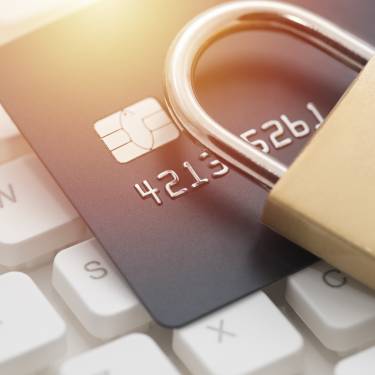Tips and Tricks to Keep Your Information Safe During Cybersecurity Awareness Month

Halloween is just around the corner and as we grab costumes and candy, and plan for some scary fun, we’re reminded that spooky season isn’t just for kids. October is designated Cybersecurity Awareness Month —last year consumers reported losing over $10 billion to scams according to the FTC, and with more than 550,000 Americans experiencing identity theft in the first half of this year alone, it’s important to know that there are tricks and tips you can use to protect yourself from scary cyberattacks. Here are four to consider:
If it sounds too good to be true, it probably is!
Who doesn’t love to hear that they’ve won or received something special? Be wary of unsolicited job offers, travel opportunities, prize winnings, online marketplace ads, etc. Take time to independently verify the existence of companies and individuals who are asking you for payments of any kind – gift cards, checks, debit/credit cards, cash apps, or wire transfers.
Mail theft is on the rise again.
It doesn’t happen just during the holidays and it’s all too easy for fraudsters to gain access to private mailboxes or unmanned U.S. Post Office boxes. Once they have a check in-hand, the attacker can manipulate the payee and amounts and route the funds elsewhere. Work directly with your billers and financial institutions to use secure methods for electronic bill receipt and payments.
Beware of urgent messages.
Pay close attention to emails and text messages “warning” you of suspicious transactions or failed login attempts. Don’t click on links or provide account information to senders – rather, you should independently contact your financial institution and verify the legitimacy of alerts and transactions. Remember, phone numbers and email addresses are easily spoofed – you can’t trust caller ID as the definite source of a call or text message.
Monitor your accounts regularly.
Set transaction alerts and check your accounts regularly for any unexpected or unusual activity through your financial institution’s online banking — like Metro iBanking — and report anything suspicious immediately.




